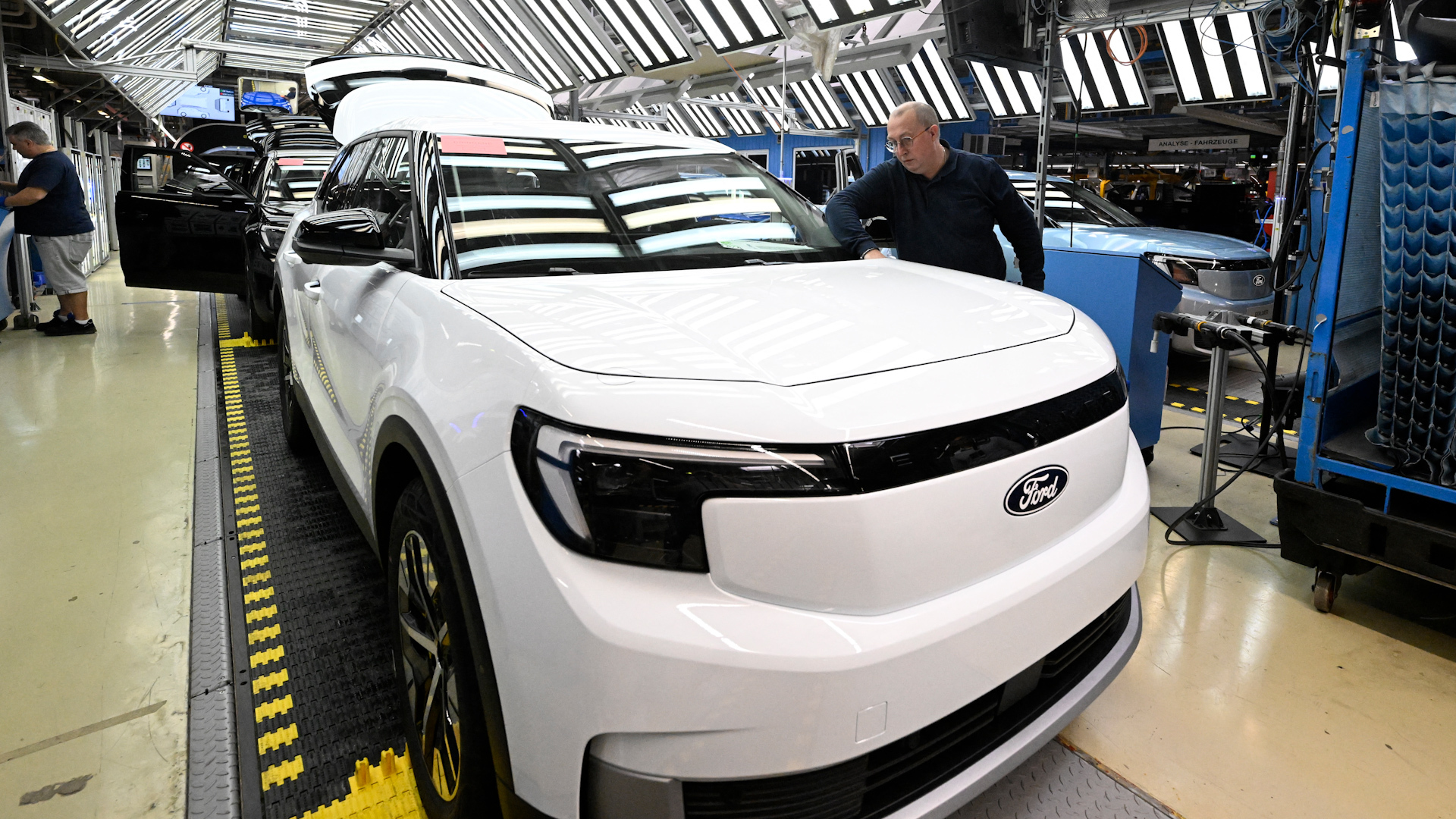Horoscope
In India’s FTA talks with EU, sustainability a key issue

New Delhi: The European Union (EU)’s insistence on sustainability measures such as deforestation rules and carbon tax on imports of steel, cement and hydrogen are akin to non-tariff barriers that can impede ongoing free trade negotiations with India, people aware of the development said.
The next round of talks for the proposed India-EU free trade agreement (FTA) is scheduled for September 23-27, and New Delhi will simultaneously discuss sustainability measures such as the Carbon Border Adjustment Mechanism (CBAM) and EU deforestation regulation (EUDR) with the 27-nation bloc, two people with direct knowledge of the matter said on condition of anonymity.
This will be the ninth round of talks on the FTA since the two sides relaunched negotiations in June 2022. Besides the FTA, negotiations were launched for an Investment Protection Agreement (IPA) and a Geographical Indicators (GIs) Agreement. The eighth round was completed in June, leading to the conclusion of two chapters so far — one on small and medium enterprises and the other on sustainable food systems.
India is committed to environment protection and sustainability, the people said, citing Prime Minister Narendra Modi’s Lifestyle for the Environment (LiFE) initiative. India, however, is against making instruments such as EUDR and CBAM part of trade commitments because these are perceived as instruments of protectionism and act as non-tariff barriers (NTBs), one of the people said.
The Indian side believes CBAM is a form of tax that can lead to tariffs of up to 35% on imports of high-carbon goods such as cement, aluminium, fertilisers, chemicals including hydrogen, iron and steel from India.
CBAM will be levied on carbon intensive products to offset “carbon leakage” by importing high-carbon goods. Carbon leakage occurs when firms in the EU move carbon-intensive production abroad to countries, where less stringent climate policies are in place, or when EU products get replaced by more carbon-intensive imports. The tax is being implemented in phases from October 2023 and will become fully effective from January 2026.
EUDR or the regulation on deforestation-free products covers production of commodities such as cattle, wood, cocoa, soy, palm oil, coffee, rubber and some of their derived products such as leather, chocolate, tyres and furniture. This demands certification from importers to prove their products didn’t originate from recently deforested land or contributed to forest degradation. EUDR will start to apply from December 30, 2024.
The second person said: “The EU is India’s major market and mechanisms such as CBAM and EUDR would adversely impact the bloc’s exports.”
Indian industry feels developed economies such as EU states are devising innovative ways to restrict imports from developing countries, and measures such as CBAM and EUDR violate World Trade Organisation (WTO) agreements.
These regulations would make Indian exports uncompetitive in Europe, the first person said.
EU ambassador Hervé Delphin recently told HT that CBAM is not an “instrument of protectionism” and described such concerns as a “misconceived fear”. He said if CBAM had been conceived for protectionist purposes, “it would have had a completely different design”.
Delphin added, “CBAM has been designed as part of our climate agenda, of decarbonisation and sustainability.” He also said that India and the EU have a common interest in developing resilient supply chains at a time of “reconfiguration of global supply chains with an eye on the optimisation of sources”.
At the same time, Delphin had acknowledged that the FTA negotiations will need a “strategic and political drive” as the talks are set to get harder.
The EU is India’s second-biggest export destination with about $76 billion of merchandise exports in 2023-24. It imported goods worth more than $59 billion that year.
The people cited above said an FTA deal with the EU would be difficult if it insists on such “unequitable” regulations, knowing well that India is making significant efforts towards green transition, which exceed its commitments at global forums.










